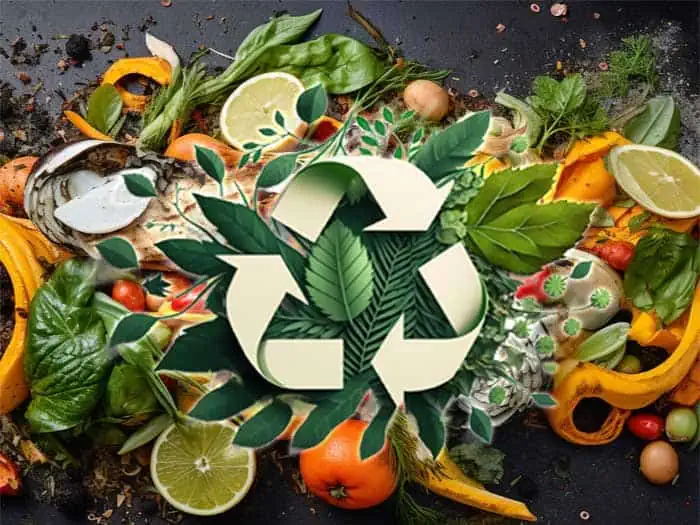


A third of the food raised or prepared does not make it from farm or factory to fork. Producing uneaten food squanders a whole host of resources—seeds, water, energy, land, fertilizer, hours of labor, and financial capital—generating greenhouse gases at every stage, including methane when organic matter lands in the global rubbish bin. The food we waste is responsible for roughly 8 percent of global emissions. Greg McCarron discusses how composting and anaerobic digestion turn organic waste into a beneficial product in Waste Management & Research, Volume 43, Issue 4.
The trend in the United States is towards using ASP systems to process food scrap materials. Recent examples by private companies involve the composting of food processing residuals. One company implemented a turned windrow compost project for sustainability reasons and to produce organic fertilizer to grow organic food products, which continue to grow in demand. Another company is pursuing an ASP compost project as land application regulations are changing, which are affecting America’s farms and farmers, and requiring enhanced organic management practices.
Anaerobic Digestion (AD) involves decomposing organic waste in an oxygen-deficient atmosphere, producing methane-rich biogas. Historically, AD has been used to process low solids/wet organic materials, such as manure, biosolids, and liquid industrial waste. To manage food waste, three types of AD facilities are increasingly being utilized in the United States: (1) stand-alone food waste digesters, (2) on-farm digesters that co-digest food waste and manure, and (3) digesters at water resource recovery facilities that co-digest food waste and biosolids.

Additional Composting Resources: